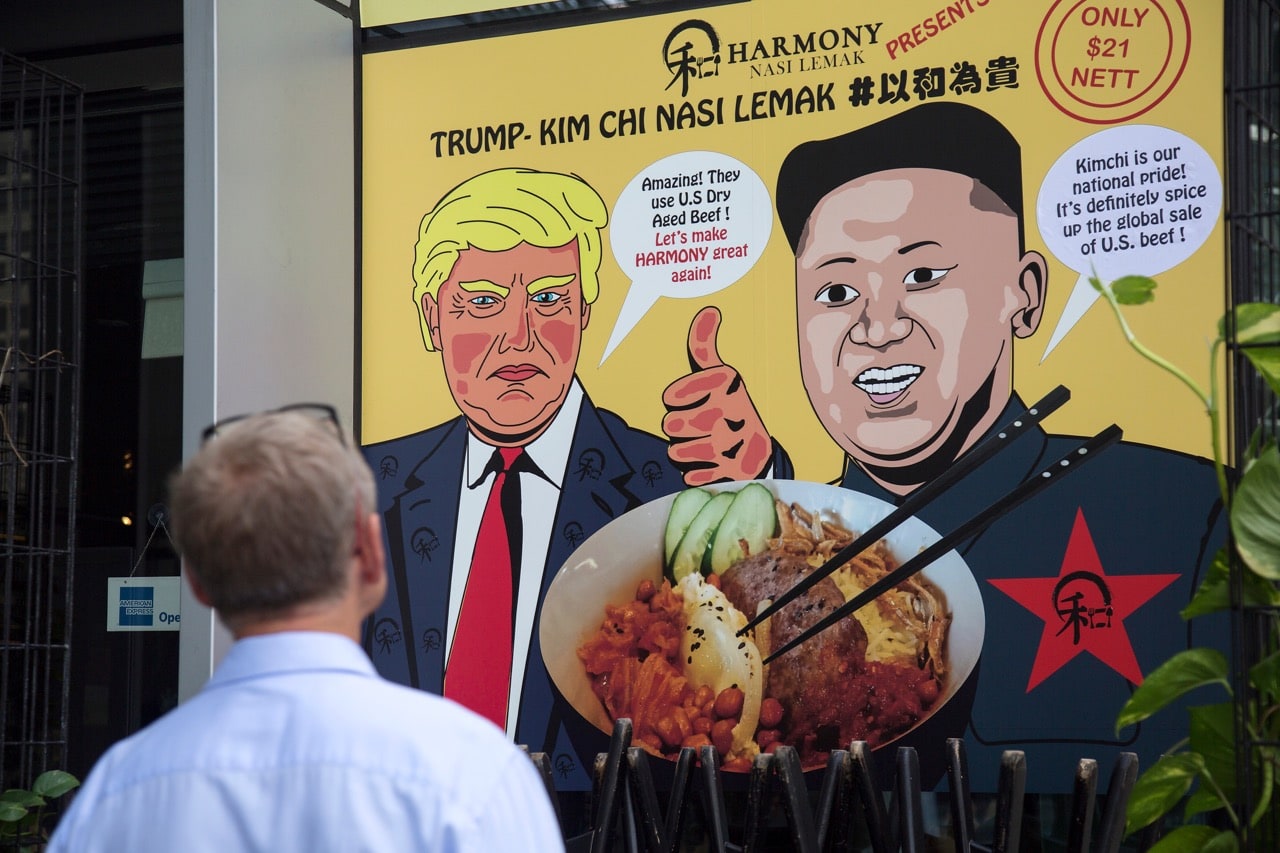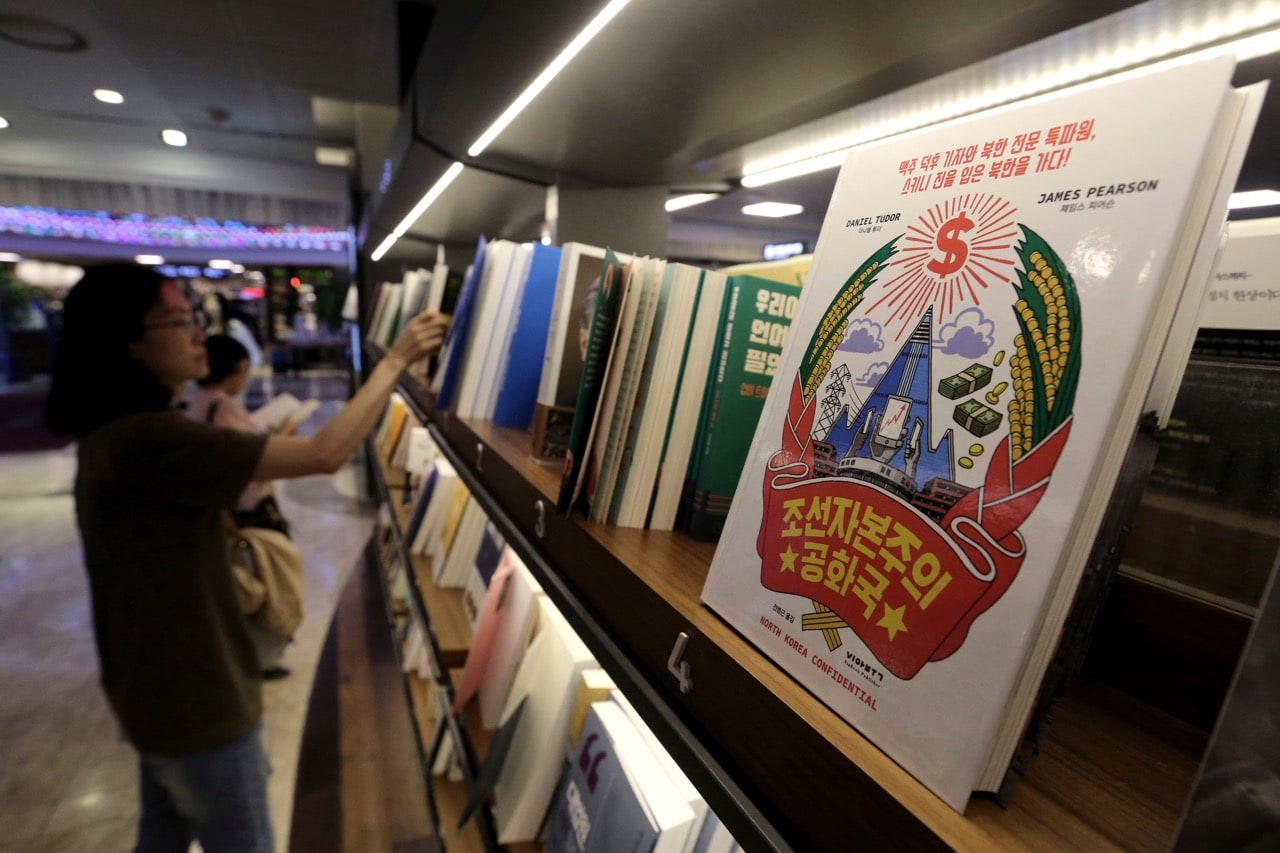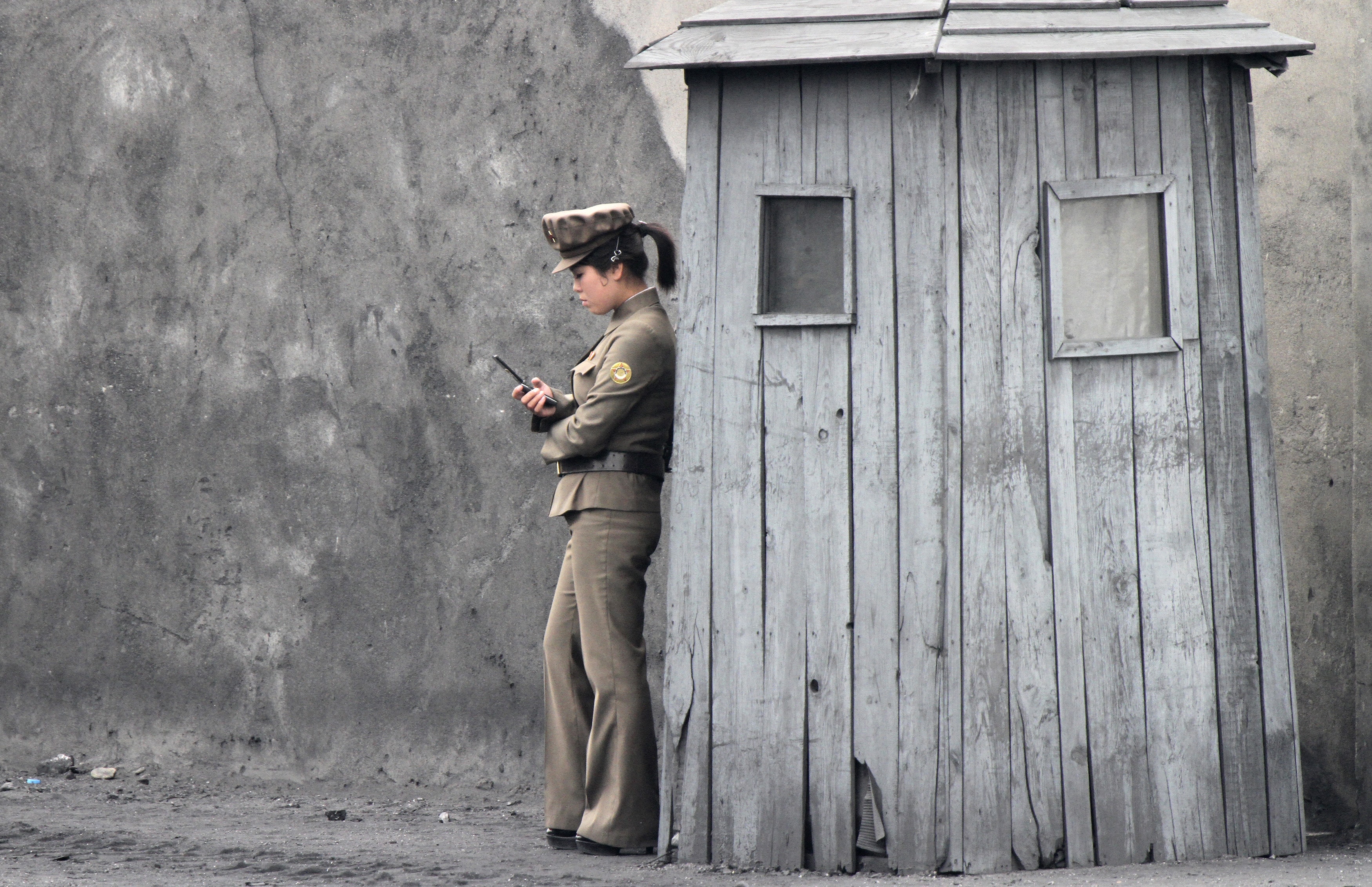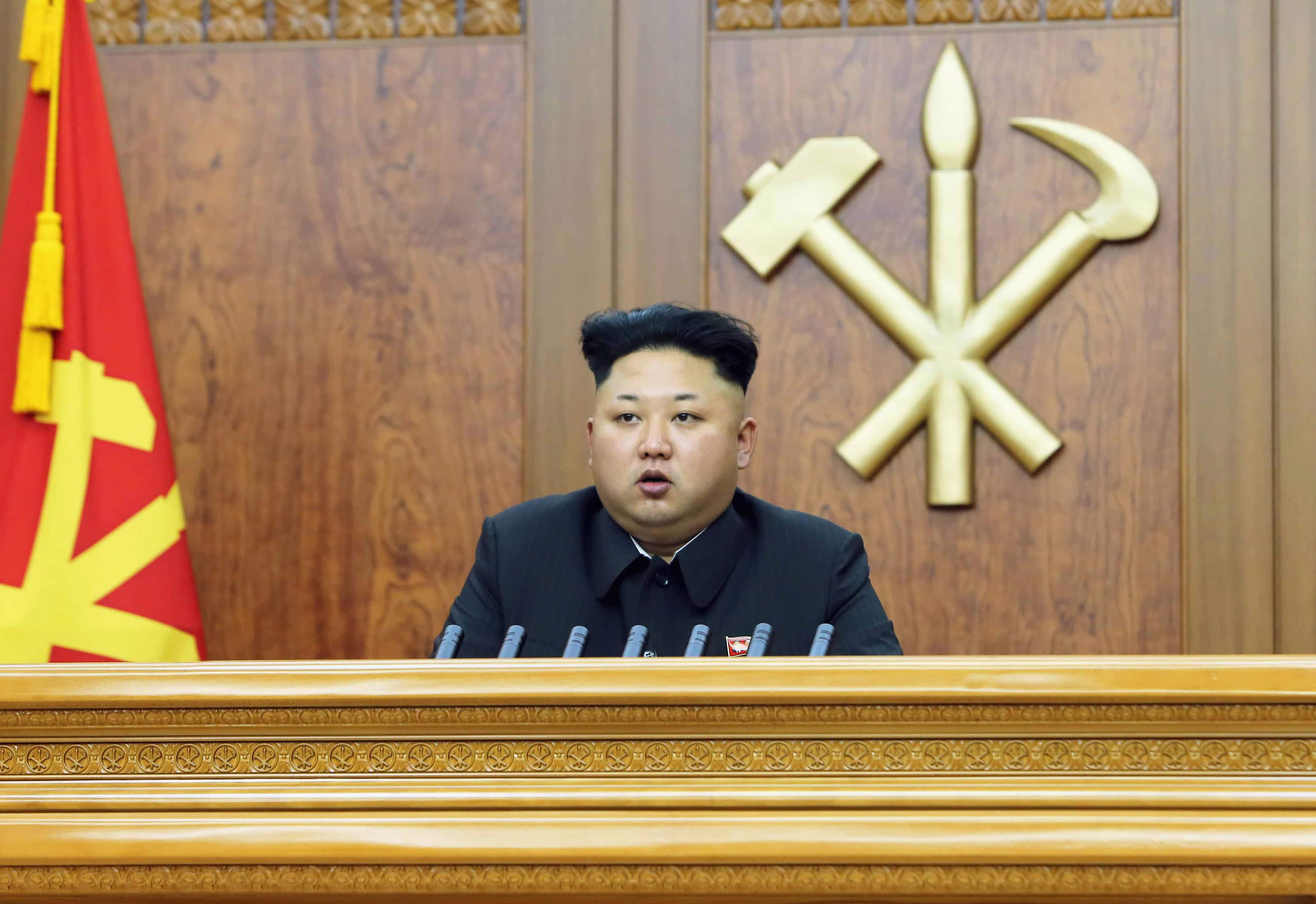North Korea remains one of the world's most repressive states despite recent diplomatic openings with South Korea, the United States, and other countries. Human Rights Watch is urging the world to demand improvements instead of ignoring the dire human rights situation facing 25 million people.
This statement was originally published on hrw.org on 5 June 2018.
North Korea remains one of the world’s most repressive states despite recent diplomatic openings with South Korea, the United States, and other countries, Human Rights Watch said today in a mid-year update to its annual summary of the human rights situation in North Korea. North Korean leader Kim Jong Un and US president Donald Trump plan to meet in Singapore on June 12, 2018, to discuss nuclear non-proliferation and other security issues, but human rights are not on the agenda.
The North Korean government severely restricts freedom of expression, assembly, association, and religion. It prohibits all organized political opposition, independent media, independent voices and organizations, and trade unions. The government routinely uses arbitrary arrest and punishment, torture in custody, forced labor, and executions to maintain fear and control. In recent years, the government has tightened domestic restrictions on travel and unauthorized cross-border travel with China, and punished North Koreans making contact with the outside world.
“As the Kim-Trump summit in Singapore approaches, the world should demand improvements instead of ignoring the dire human rights situation facing 25 million people in North Korea,” said Brad Adams, Asia director. “Promoting human rights in North Korea should be a fundamental aspect of the Singapore summit or any other diplomatic interaction.”



